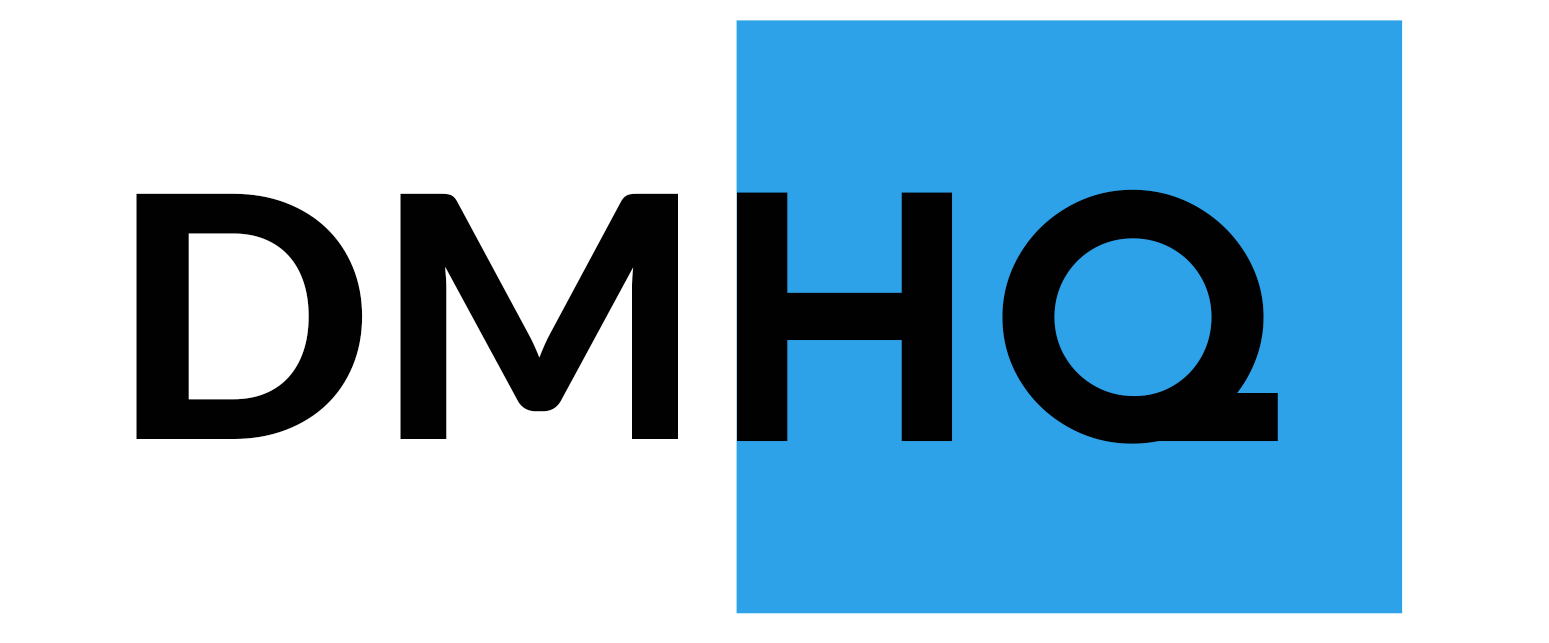
Should you get certified as a digital marketer? In fact, what’s the value of certification in general anyway?
You know that many professions have certifications issued by a credible organization, usually an industry or professional association, or by a government agency or private corporation. Just a glance at Pearson VUE’s list of certifying organizations will show the sheer number of certifications available worldwide. And most of these organizations offer multiple certifications, so just imagine how many are available out there. They cover a lot of industries from IT and healthcare to finance and real estate.
Obviously, certifications are important. Often they are required by government agencies or highly preferred by companies.
Now, let’s go back to the question: Why even get certified?
There are many reasons. Here are some benefits of certification for digital marketers and other professionals, which I call the 8 C’s of Certification Benefits.
1. Credentials
The most common reason why professionals get certified is for the credential. A professional certification recognized by your industry has great value: it shows that your knowledge and skills are aligned to an accepted standard. It is an objective measure or benchmark for employers and peers in assessing your professional qualifications.
Of course, nothing beats your actual experience and accomplishments, but how do you show that apart from your resume or job interview? A certification is a more objective demonstration — proof even — that you have the skills valued in your industry.
Skeptical? According to CompTIA’s Employer Perceptions of IT Training and Certification survey, 64% of IT hiring managers rate certifications as having extremely high or high value in validating the skills and expertise of job candidates and 86% indicate that IT certifications are a high or medium priority during the candidate evaluation process. Microsoft’s Certification Program Satisfaction Study showed that 91% of hiring managers consider certification as part of their hiring criteria.
So whether you like it or not, certifications are highly valued in the marketplace.
2. Competition
A certification not only gives you credibility, it also differentiates you against the competition. You stand out from the crowd.
If you are job hunting, you are competing with other job candidates. If it boils down to just two — you and another candidate with the same background, experience, and accomplishments as you, i.e. all things being equal — but you have a professional certification for the position you are applying for, which do you think the hiring manager will choose?
Sometimes, even if the other candidate is at an advantage in terms of experience, your certification — which demonstrates you as a more well-rounded professional — may even give you the edge. That can happen because often, experienced professionals may be too highly specialized in one area or does not have the conceptual framework or strategic perspective of someone who went through a rigorous certification program.
For instance, your competitor has more work experience than you, but she specializes in social media. Yet the job offered is for a digital marketing manager, which requires broader knowledge and more integrated skills. You, on the other hand, are certified by the Digital Marketing Institute with a Professional Diploma in Digital Marketing. You have a stronger foundation in other areas of digital marketing, like SEO, email marketing, analytics, etc. This fact just might give you the edge.
If you are currently employed, your certification will also help you stand out from your peers when vying for a promotion, all things being equal. And if you are running a digital agency, wouldn’t clients factor in the fact that you or your team are certified in digital marketing, compared to a competing agency that is not?
3. Competence
Of course, you don’t get certified just because it looks good on your resume. Certifications are standards of competency in your area of specialization. Credible certification programs are rigorous and challenging. If they are too easy, start wondering if the content is of any real value.
Certification programs require a lot of study and hard work. And certification exams can be daunting. But that’s the point. Being certified tells everyone you passed a high hurdle and your knowledge and skills passed high standards.
The Professional Diploma in Digital Marketing is certainly challenging. But it also guarantees it will increase your competence in digital marketing. The program offers 10 modules, over 40 hours of training in all key areas of digital marketing. After you go through the program, you definitely will know much more than your average social media manager or SEO specialist.
4. Conceptual knowledge
Practical work experience is great. Continuing self-study is great. But a formal certification program offers a more holistic approach to your education. And a great digital marketing certification program will introduce you to a conceptual framework that gives you a strategic model for creating tactical campaigns.
The Digital Marketing Institute has a conceptual framework and principles that give permanence and direction in your strategic thinking and decision making, regardless of changes in the platforms, tools, and algorithms in the industry.
It’s not just the “what” and the “how” but also the “why.” It’s about seeing the forest, and not just the trees. It’s the fundamentals that will last. If you are not trained and certified, you may miss the big picture as you get bogged down in the tactics and tools of your daily digital marketing campaigns.
5. Continuous learning
A certification is evidence that you are a continuous learner. It shows that you take seriously your continuing education and in updating your skills. That’s why you add all the training programs, conferences, seminars, and workshops you attended in your resume!
But a certification has a higher perceived value than conferences, seminars, and workshops. Which do you think hiring managers will value more — the 10 1-day social media seminars and digital marketing conferences you attended or your 10-week Professional Diploma in Digital Marketing? Now, what if you are certified in digital marketing and attend all those conferences and workshops? That increases your value even more!
Continuous learning is not about looking good. The real value is in the learning itself. In the end, you are doing yourself a favor by investing in your own education and professional development.
6. Compensation
You may ask: Will a certification mean a higher salary? Case in point: Microsoft’s study called “Skills Requirements for Tomorrow’s Best Jobs: Helping Educators Provide Students with Skills and Tools They Need” reveals that entry-level employees who hold a Microsoft Certified Solutions Associate (MCSA) certification or Microsoft Office Specialist (MOS) certification can earn up to $16,000 more, annually, than their peers.
What about digital marketers? At least for graduates of DMI’s Professional Diploma in Digital Marketing, their average salary is $54,000. That’s roughly P2.5 million. DMI also reported that 53% of its graduates have had their salary increased after completing the program.
7. Career Shift
A certification is also great for career changers who want to quickly get into the hot field of digital marketing. These can be traditional marketers and even professionals from related backgrounds, such as writers, graphic designers, programmers, web developers, as well as those from totally different professions.
For freelancers and agency owners, getting certified in digital marketing also opens opportunities to expand into new markets. For example, a freelance copywriter or graphic artist can offer content marketing services. An SEO agency can diversify its services into email marketing, mobile marketing, and social media marketing.
8. Community
Lastly, a certification introduces you a new community of peers. Some organizations offer annual membership. But in most cases, a certification plugs you into a network of lecturers and graduates that you can tap into, in the same way an MBA opens up access to business professors and alumni.
There is also a sense of camaraderie and respect among peers who have gone through the same rigor as you did. You can say you belong to an elite club, the same way Six Sigma black belters, Chartered Financial Analysts (CFA), or Project Management Professionals (PMP) are considered a notch above non-certified peers.
Conclusion
As you can see, there are plenty of compelling reasons why you should consider being certified as a digital marketer. In the Philippines, DMI offers the Certified Digital Marketing Professional (CDMP) program through Learning Curve (DMHQ) as a 10-week program. Graduates who complete the course are to take a 3-hour validation exam at Pearson VUE. Only upon passing will they be qualified for their digital marketing certification.
It is challenging and takes a lot of hard work. But it is all worth it. DMI graduates overwhelmingly recommend the program with 92% of graduates saying that their DMI qualification has had a positive impact on their career and 95% felt proud enough to add their certification to their CV and LinkedIn profile.
So if you are serious about digital marketing, consider getting certified with DMI’s Professional Diploma in Digital Marketing.





